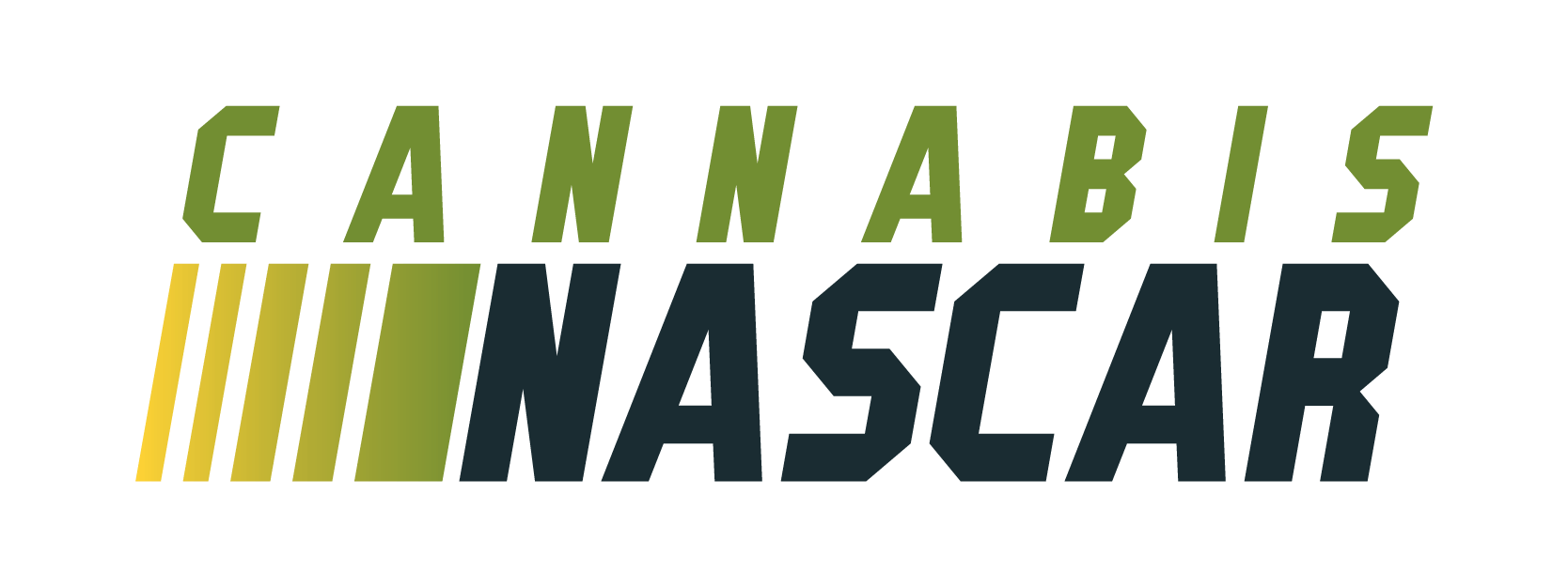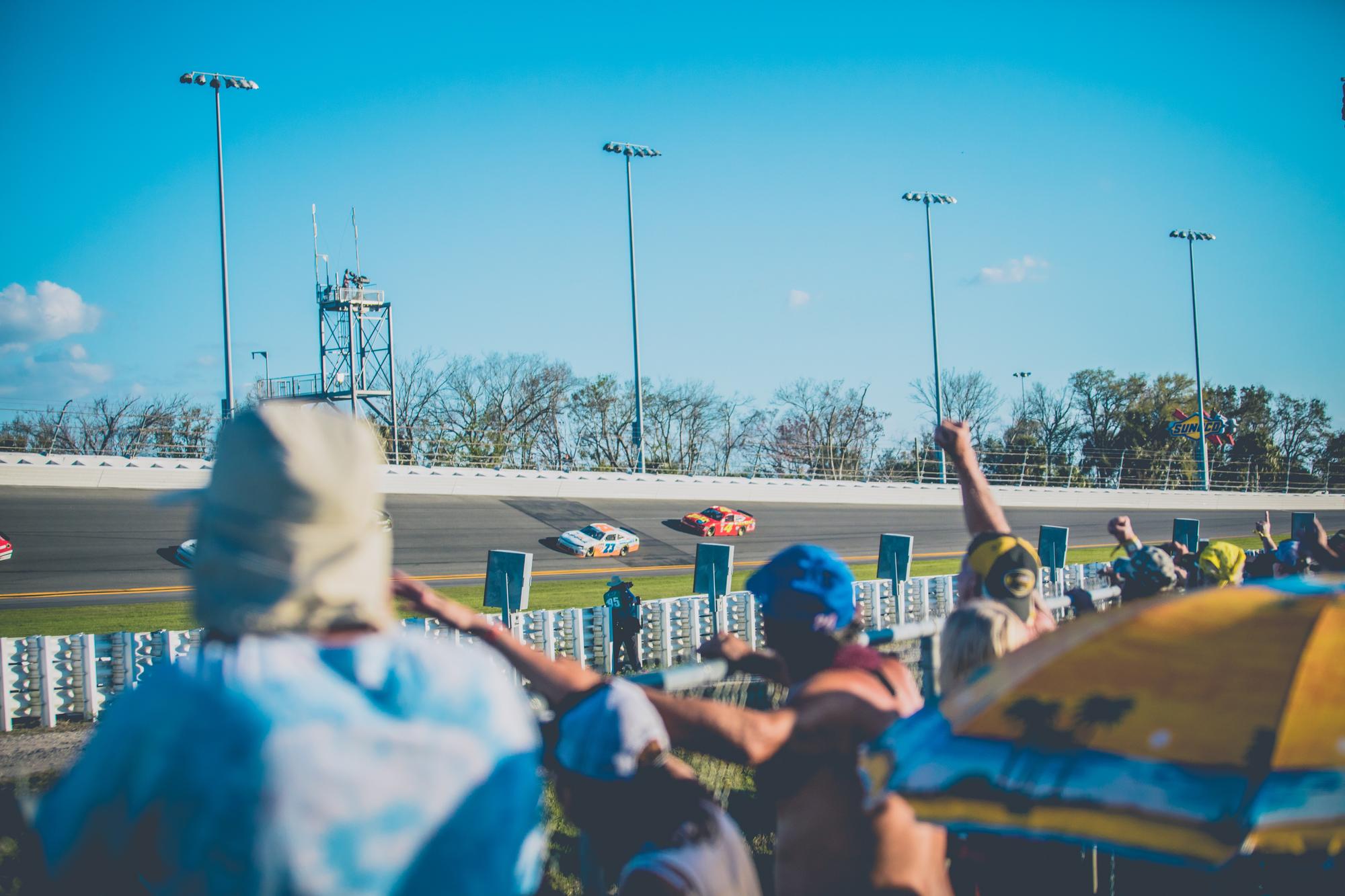NASCAR’s Substance Policy: Zero Tolerance in the Fast Lane
In a sport where reaction time is measured in milliseconds and precision can mean the difference between victory and disaster, NASCAR keeps a firm grip on driver and team accountability—especially when it comes to substance use. Its Substance Abuse Policy stands among the strictest in professional motorsports, ensuring that no one behind the wheel, or even behind the pit wall, operates under the influence.
A Policy Built for Safety
Since its overhaul in 2009, NASCAR’s comprehensive testing program has covered every licensed participant—drivers, pit crew members, officials, and anyone holding a NASCAR “hard card.” Before being cleared to race, applicants must pass a pre-license drug screening, followed by random and for-cause testing throughout the season. The rules apply equally to rookies and veterans, underlining NASCAR’s unwavering emphasis on safety and fairness.
Refusing a test carries the same consequence as failing one—an indefinite suspension. NASCAR contracts independent third-party collectors to ensure chain-of-custody integrity, and samples are divided into “A” and “B” specimens for verification. Once a positive A-sample is confirmed, the individual has 72 hours to request the B-sample analysis. But NASCAR can suspend members immediately if a safety risk is suspected.
What’s Off Limits
NASCAR’s prohibited list includes illegal drugs, misused prescription medications, performance enhancers, and alcohol. The organization specifically names amphetamines, narcotics, barbiturates, benzodiazepines, anabolic steroids, beta blockers, and marijuana. Even substances that are legal under state law or prescribed by a doctor can violate the policy if they impair performance or are used improperly.
Alcohol testing is equally rigid. Members are barred from consuming alcohol within 12 hours of any on-track or team activity, and a blood-alcohol concentration of just 0.02%—a quarter of the legal driving limit—constitutes a violation.
The Road to Recovery
When a driver or crew member fails a test, NASCAR’s response is clear: indefinite suspension. However, there’s also a path back. Through NASCAR’s “Road to Recovery” program, individuals undergo professional evaluation and treatment. This process can include counseling, rehabilitation, and follow-up testing before reinstatement is considered. The sanctioning body publicly announces both suspensions and reinstatements, signaling its commitment to transparency.
Team Responsibility and Culture
NASCAR teams take the policy seriously, often implementing their own internal testing and disclosure programs. Because random tests can occur on race weekends, even a single lapse in judgment can sideline a crew member and disrupt race-day operations. The message is simple: every individual is responsible for what goes into their body. Teams encourage full disclosure of prescribed medications to NASCAR’s Medical Review Officer to avoid misunderstandings.
Where Cannabis Stands
Despite changing cannabis laws across the U.S., NASCAR continues to classify marijuana as a banned substance. Several suspensions in recent years have reinforced that policy. Unlike other leagues such as the NBA or MLB, which have relaxed cannabis testing, NASCAR’s stance reflects its laser focus on driver alertness and crew safety. Until federal law or organizational philosophy shifts, cannabis remains strictly off-limits.
The Bottom Line
NASCAR’s Substance Abuse Policy isn’t just about enforcing rules—it’s about maintaining trust in a sport where the smallest mistake can have life-threatening consequences. From Daytona to Darlington, the message is clear: stay clean, stay sharp, and stay safe. Because in NASCAR, the race for integrity never takes a pit stop.

